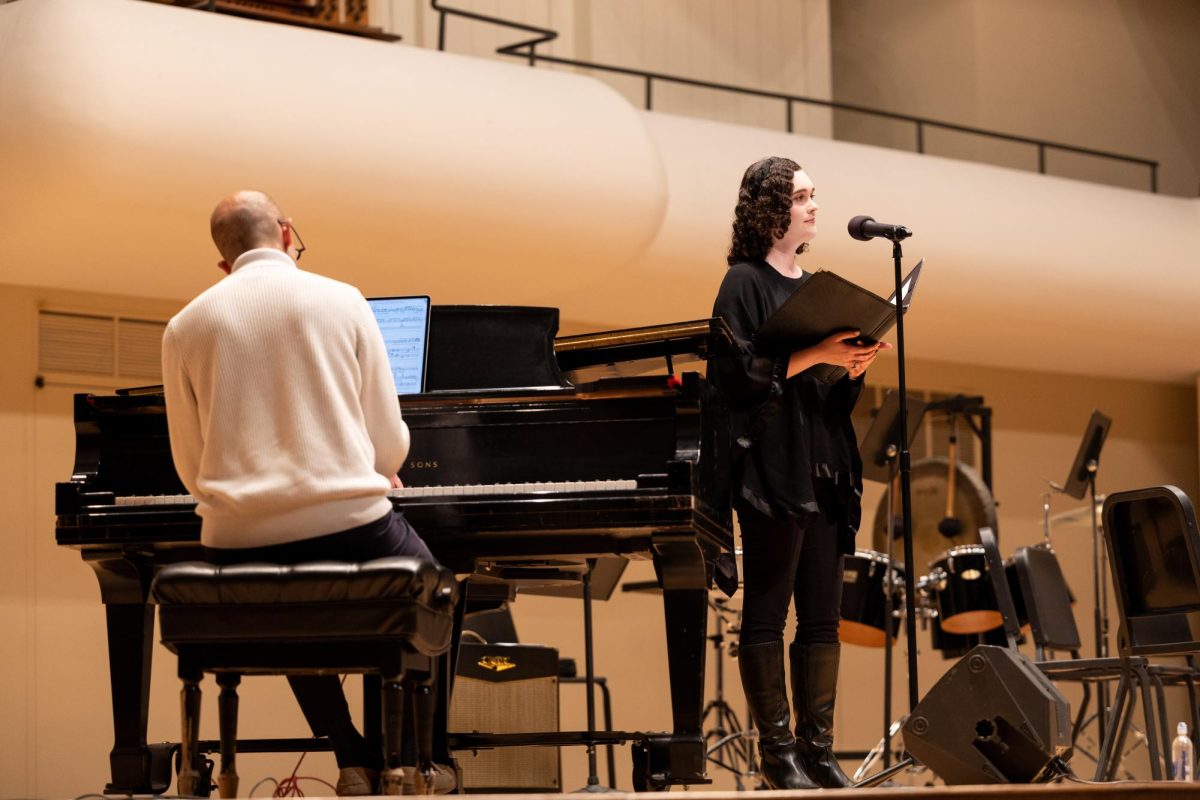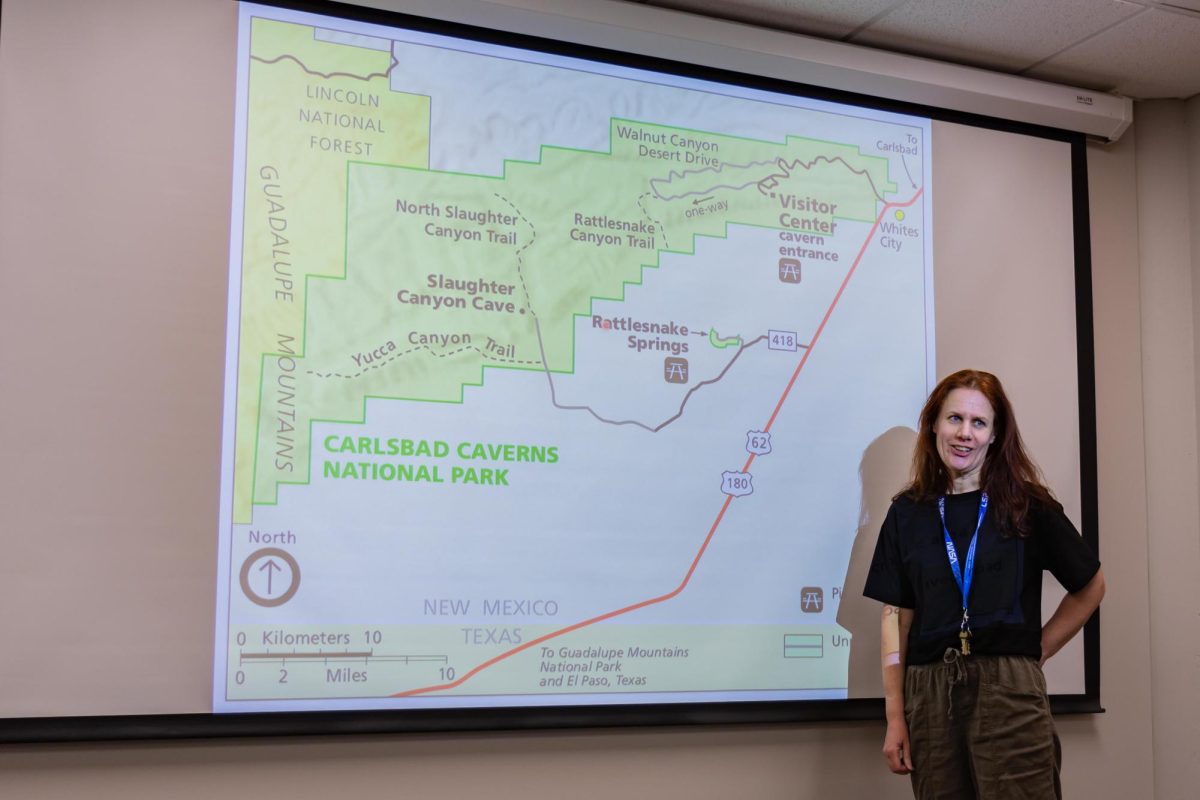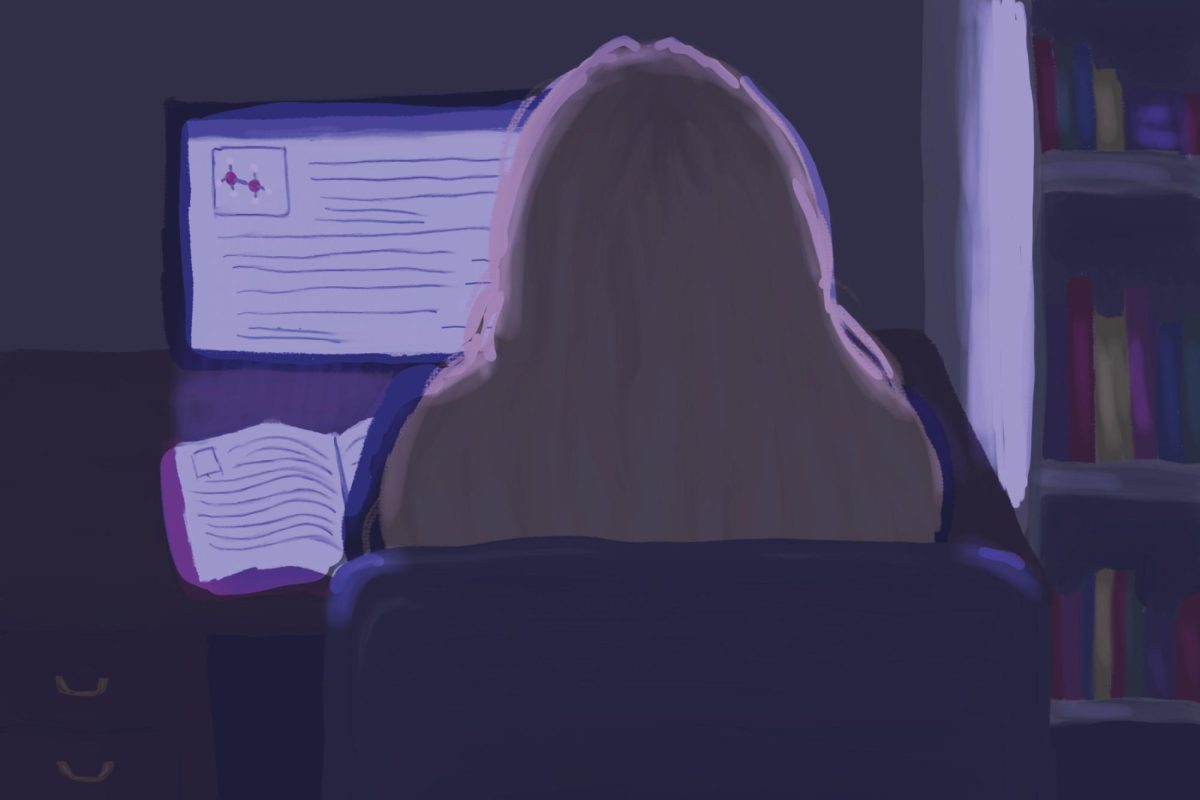By Caroline Smith | Staff Reporter
For years, students in the Black Belt region of Alabama have suffered from a lack of books on the shelves of their libraries. The Books for the Black Belt campaign seeks to bring an end to this literary drought.
The project, managed by the UA Center for Economic Development, is gathering books for underprivileged children and communities within the Black Belt, a region of 13, typically poorer, Alabama counties. Throughout the month of February, those involved with the project will gather books to further the initiative.
“The book project is an excellent way for UA to give back to the under-served communities within the Black Belt region,” said Nisa Miranda, the director of the program.
The Books for the Black Belt project is a book drive that has supplied over 25,000 books for elementary through high school students across the Black Belt region of Alabama. It has provided literature to 53 school libraries in 13 counties since its beginning, and those involved hope to in future provide one book for each child in the area: That adds up to around 42,000 books.
“Alabama’s Black Belt includes some of the poorest counties in the United States,” Miranda said. “Along with high rates of poverty, declining populations and high unemployment, poor access to educational resources is a major concern for the future of K-12 students in this region.”
The project began as an extension of former Governor Bob Riley’s Black Action Committee in 2006. The project has continued to grow since its beginning 12 years ago.
Hannah Arendsen, a sophomore majoring in economics and finance, is involved in the initiative and has hopes for its continued growth and success.
“I hope in the future that Books for the Black Belt can donate at least one book per child in the Black Belt each year, while also creating a conversation about how important education and reading is on young minds,” Arendsen said.
The campaign will accept all gently used or new books that can typically be found on the shelves of elementary, middle and high school libraries. Students who want to help can buy a book or grab one from their own bookshelves and deposit it in one of the numerous donation bins around campus.
The cardboard bins are marked with red signs that read “Books for the Alabama Black Belt.” Starting in February, they can be found in Bidgood Hall, Nott Hall, Smith Hall, and Gorgas Library. In addition, some sororities are collecting books from their members.
As simple as the concept of donating a book may seem, it can have a long-term effect on the life of a child, Arendsen said.
“One book donation can spark a love for both reading and education,” Arendsen said. “Reading is so important for young students as it is a way to explore their imagination and learn about topics beyond their own knowledge.”
Instilling a love of reading in a child at a young age lays a firm foundation for the rest of their education and career, said project manager Sally Brown.
“Reading provides the basic building block for continued learning,” Brown said.
Those leading the project encourage students to donate.
“Just one book donation can make a world of difference, and we greatly appreciate every book we receive,” said Arendsen.









